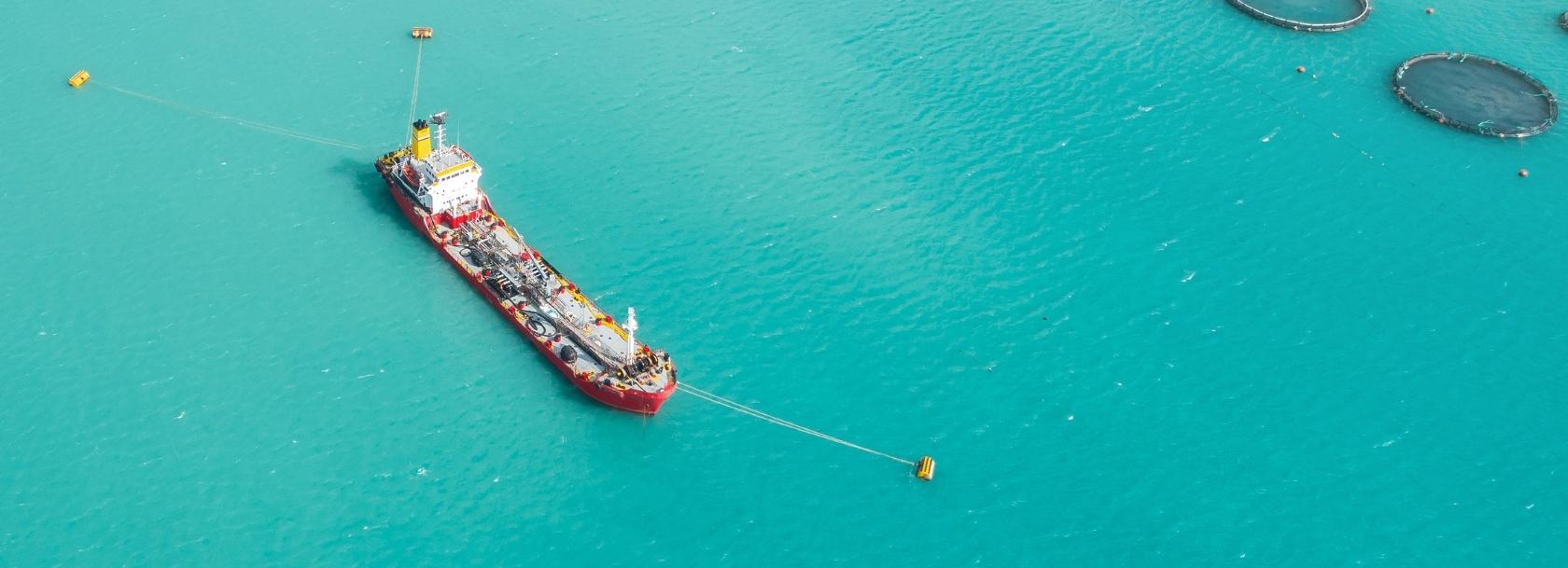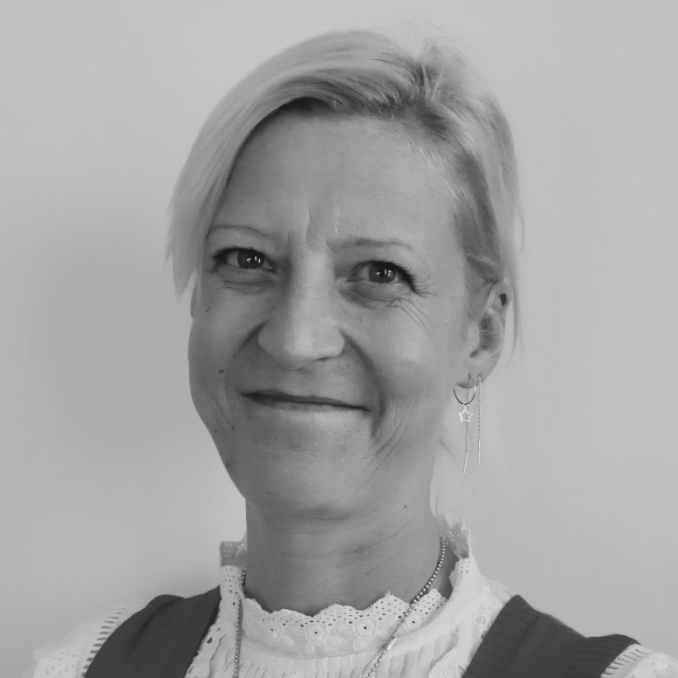Industrial activities in the world’s oceans (commonly referred to as the ‘blue economy’) can have significant societal and environmental benefits. But if not managed responsibly, they can also have adverse impacts - on local communities, on workers in direct operations and in value chains, and on at-risk groups, including Indigenous Peoples, women and girls, and human rights and environmental defenders. The blue economy encompasses multiple industry sectors and human rights permeate them all in various ways.
The Ocean and Human Rights Platform (Ocean Platform) has been created by Rafto and IHRB as a collaborative initiative to raise awareness to prevent and address adverse human rights impacts across ocean industries. We collaborate with regional partners, particularly in the global south, working with human rights challenges linked to ocean industries. The Ocean Platform addresses the ocean equity action agenda of the High Level Panel for a Sustainable Ocean Economy.
Find out more about the Ocean Platform’s Outline and Strategy
Current focus is on shipping, on ports and shipyards (connected to our Built Environment programme), on coastal wind energy (connected to IHRB's Just Transitions programme), all with a particular focus on impacts of business activities on livelihoods and working conditions. We have also worked on aquaculture and fishing.
The Ocean Platform has published a series of topic briefings covering the business and human rights aspects of all ocean industries; and also provides a list of useful resources for those interested in oceans and human rights.






